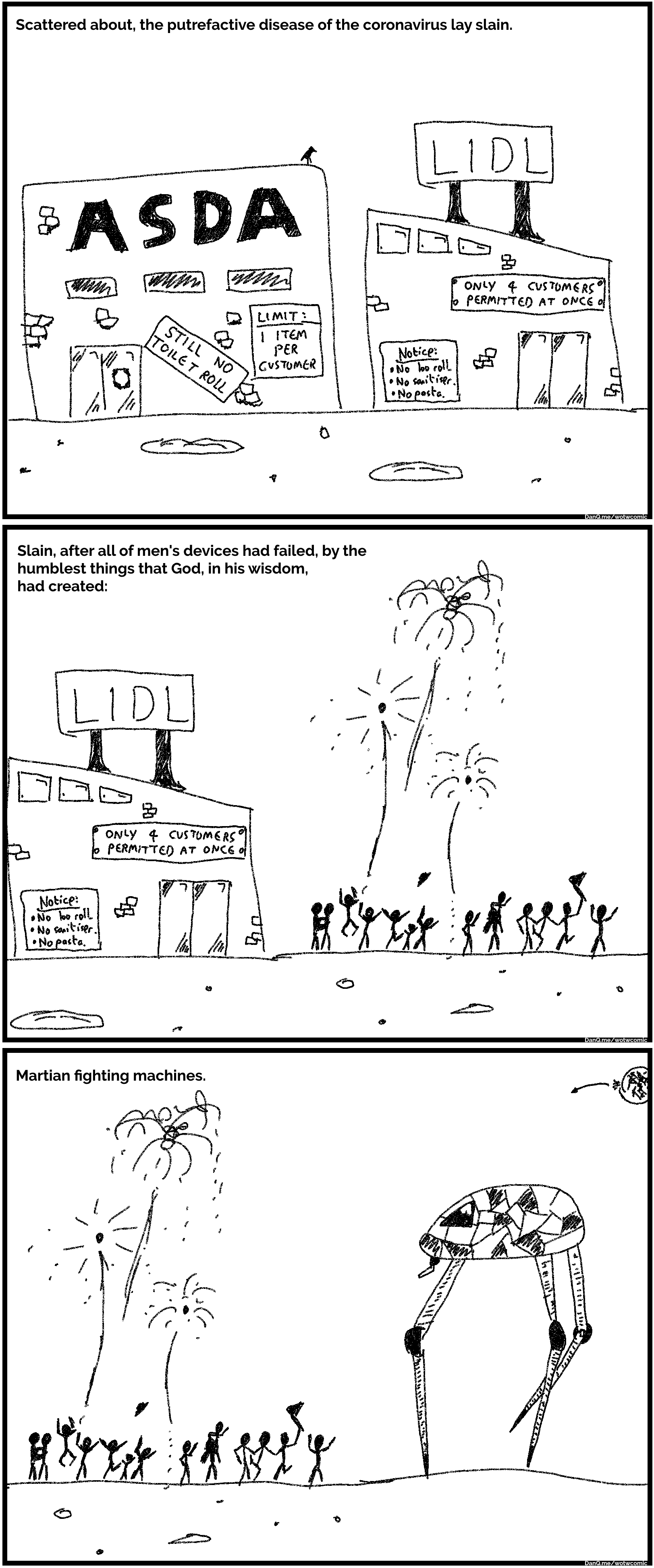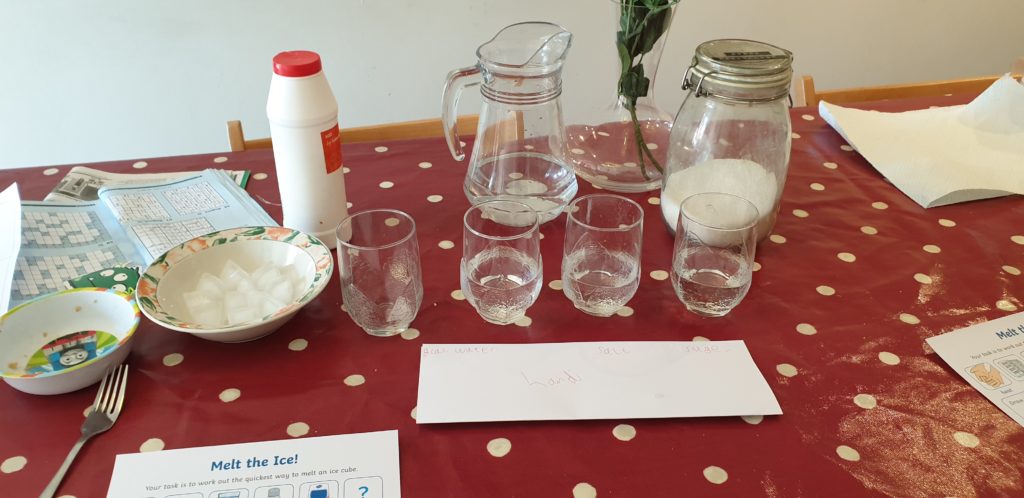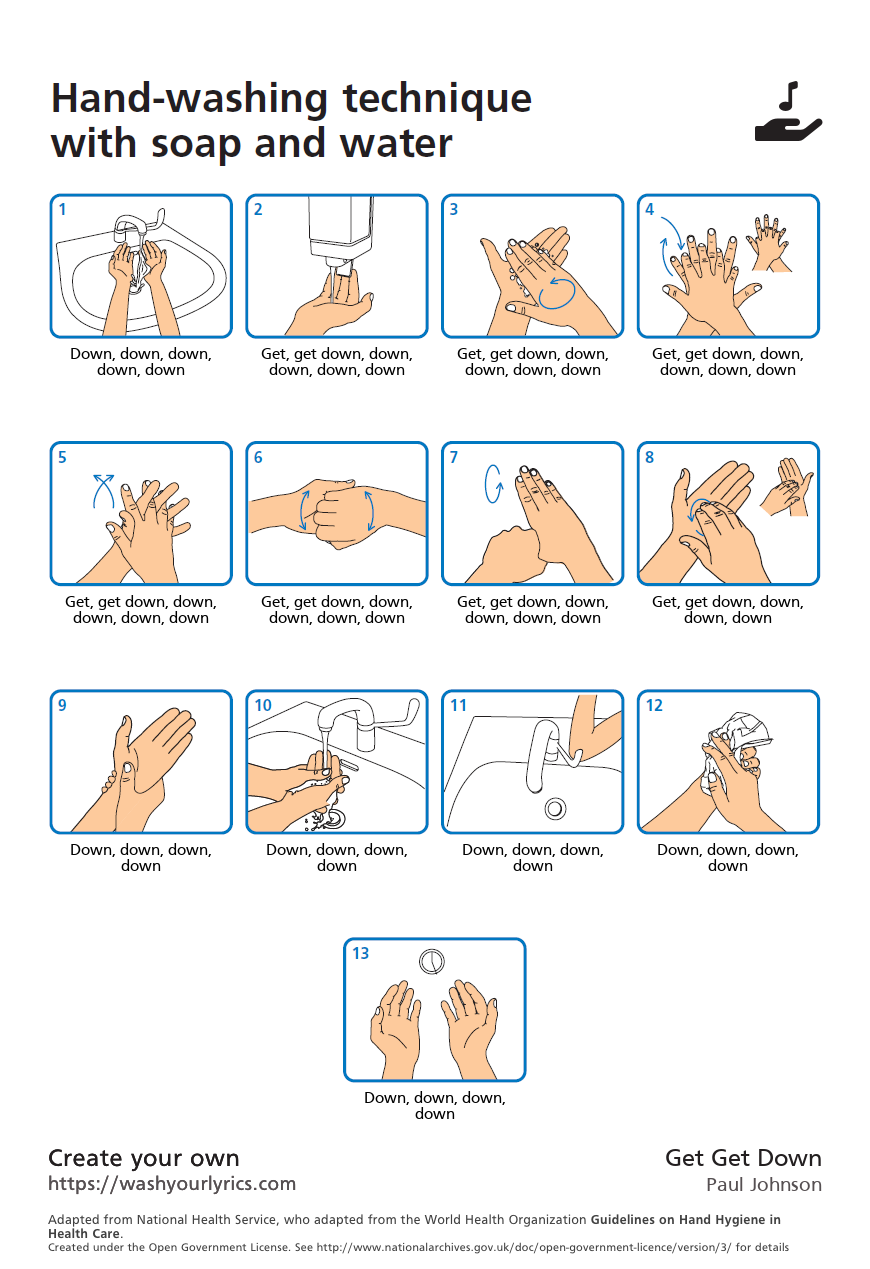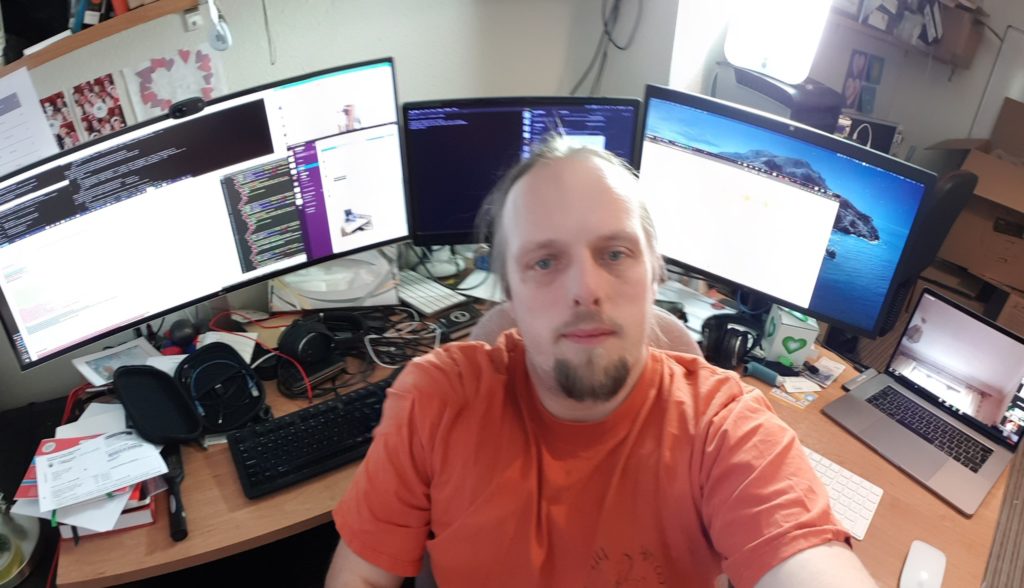How are you doing? Are you holding up okay?
It’s okay if you’re not. This is a tough time.
It’s very easy to become despondent about the state of the world. If you tend to lean towards pessimism, The Situation certainly seems to be validating your worldview right now.
I’m finding that The Situation is also a kind of Rorschach test. If you’ve always felt that humanity wasn’t deserving of your faith—that “we are the virus”—then there’s plenty
happening right now to bolster that opinion. But if you’ve always thought that human beings are fundamentally good and decent, there’s just as much happening to reinforce that
viewpoint.
…



